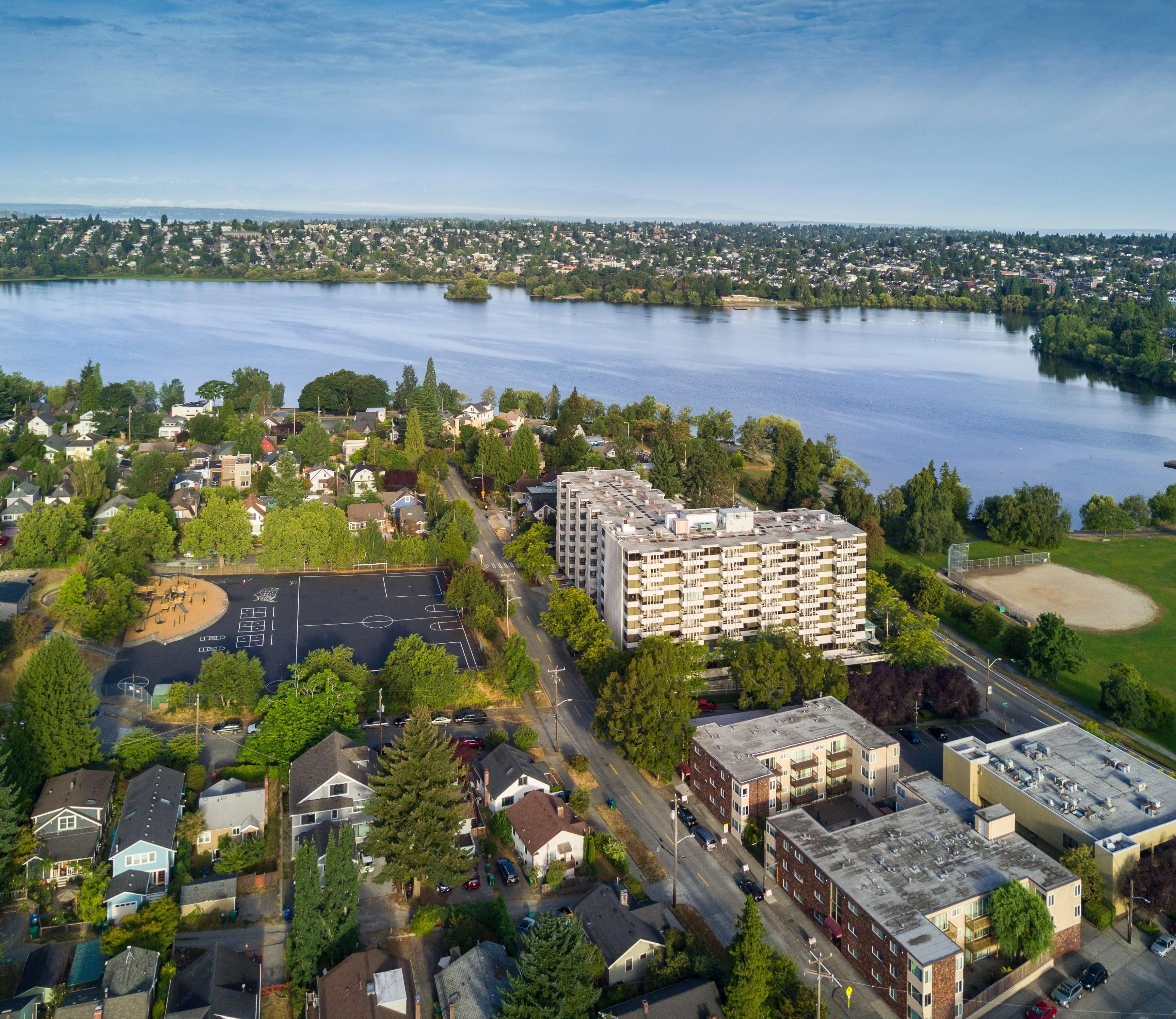What is Memory Care?
What is Memory Care?
Understanding Specialized Support for Individuals Living with Cognitive Decline
As the population ages, more families are navigating the complex realities of caring for loved ones with memory-related conditions such as Alzheimer’s disease and other forms of dementia. For many, this journey involves a transition to memory care, a specialized form of long-term support designed to meet the unique needs of individuals experiencing cognitive decline.
Memory care is more than just a secure environment; it is a comprehensive approach to supporting individuals with dignity, safety, and purpose. This article explores what memory care entails, how it differs from other levels of senior living, and how the field is evolving to better serve residents and their families.
Defining Memory Care
Memory care refers to a type of residential long-term care that provides intensive, specialized support for individuals with memory loss. It is most commonly offered within assisted living communities or as part of a continuing care retirement community (CCRC) and is staffed by professionals trained in dementia care.
Unlike traditional assisted living, memory care is designed to address the unique cognitive, emotional, and physical challenges associated with progressive neurological conditions. Key features often include:
- 24/7 supervision and support
- Higher staff-to-resident ratios
- Secure living environments to reduce wandering risks
- Structured daily routines
- Specialized programs and therapies
- Staff trained in dementia-specific care techniques
The goal of memory care is to create a safe, supportive environment where individuals can live with as much independence and dignity as possible, even as cognitive abilities decline.
Who Benefits from Memory Care?
Memory care is typically appropriate for individuals diagnosed with:
- Alzheimer’s disease
- Vascular dementia
- Lewy body dementia
- Frontotemporal dementia
- Other cognitive impairments or memory disorders
While many seniors experience some degree of forgetfulness as a normal part of aging, memory care is generally reserved for those whose symptoms interfere significantly with daily life. Common signs that may indicate the need for memory care include:
- Confusion that endangers safety (e.g., wandering, leaving stoves on)
- Difficulty managing medications
- Disorientation to time and place
- Inability to perform basic activities of daily living (ADLs) without assistance
- Increased agitation, anxiety, or behavioral changes
- Withdrawal from social situations
Key Components of Memory Care
A high-quality memory care program typically incorporates a variety of supportive services and resources tailored to residents’ evolving needs. These include:
- Specialized Staffing and Training
Staff members are trained to understand the progression of dementia and how best to respond to behavioral changes, communication challenges, and emotional needs. High staffing levels ensure that care is both proactive and responsive.
- Personalized Care Plans
Each resident receives an individualized care plan based on their cognitive function, physical health, and personal preferences. These plans are regularly reviewed and adjusted as needed.
- Daily Living Assistance
Residents receive support with activities of daily living (ADLs) such as bathing, dressing, grooming, eating, and toileting. Additional medical services such as medication management, diabetic care, and pain control may also be included.
- Therapeutic Programming
Engagement is essential to cognitive and emotional well-being. Most memory care communities offer structured activities such as music therapy, art sessions, reminiscence groups, sensory experiences, and adapted physical exercise.
- Safety and Environment
Memory care units are designed to reduce confusion and enhance safety. Common features include simplified layouts, clearly labeled spaces, non-slip flooring, and discreet monitoring. Secure entry and exit points help prevent unsafe wandering.
- Family and Social Support
Many programs include resources for families, including education, counseling, and support groups. Emotional and social connection remains a priority for residents and loved ones alike.
The Evolution of Cognitive Support: A More Human-Centered Model
Historically, memory care environments emphasized physical safety, often relying heavily on locked doors and limited freedom of movement. While secure spaces remain important for some residents, this traditional approach can inadvertently diminish emotional and social wellbeing, creating a negative stigma for relatives.
In recent years, support for those with cognitive decline has begun to evolve toward a more holistic and integrative model: one that balances safety with meaningful engagement, community interaction, and a sense of personal autonomy.
Innovative communities are beginning to:
- Dissolve the “locked unit” model, allowing greater integration with assisted living residents
- Create adaptive safeguards for residents with exit-seeking behaviors, rather than relying on physical confinement
- Emphasize relationships and routine, providing residents with consistency, purpose, and dignity
- Foster inclusion, ensuring residents maintain their identity and connection with the broader community
This modern approach aligns with emerging research on dementia care, which suggests that social connection, physical activity, and emotional engagement play an essential role in maintaining quality of life and even slowing cognitive decline.
Selecting the Right Memory Care Community
Choosing the right memory care community involves careful consideration of both clinical services and cultural fit. Families are encouraged to ask the following questions:
- Is the environment secure yet welcoming?
- What is the staff-to-resident ratio?
- How are care plans personalized and updated?
- What types of therapeutic and social activities are offered?
- How are families kept involved and informed?
- What is the community’s philosophy on independence, autonomy, and dignity?
A community that values the whole person, not just the diagnosis, will provide a higher quality of life for both the residents and their loved ones.
Memory Support at The Hearthstone
At The Hearthstone, we are proud to be part of this new direction in memory support. As a Continuing Care Retirement Community (CCRC), we support residents throughout every stage of aging, including those facing cognitive decline. Our memory support program is guided by a person-centered philosophy that prioritizes emotional and social wellbeing, not just physical safety.

Rather than isolating residents behind locked doors, we support inclusion and interaction with the larger assisted living community, while employing customized safeguards to ensure security. Our highly trained staff, quiet and supportive environment, and specialized services allow residents to maintain dignity, connection, and quality of life.
For more information about life at The Hearthstone, contact us at 206-517-2216 or complete this form.





